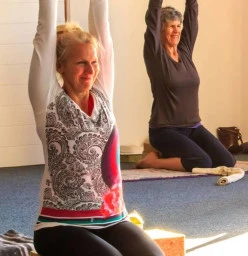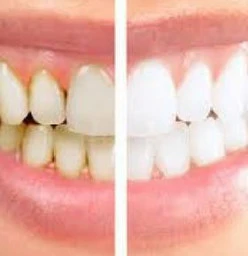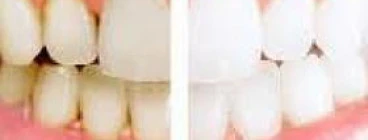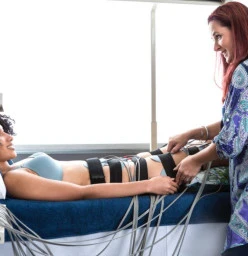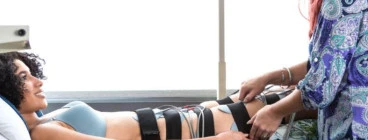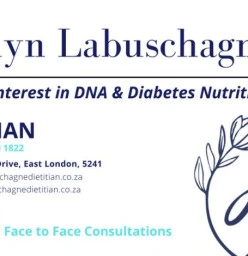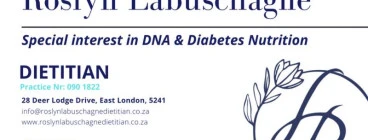
Classical Pilates
Classical Pilates Pilates, the exercise that brings to mind thoughts of toned bodies and kale smoothies. This workout, despite becoming globally practiced, is a workout that roots from a very precise classical practice. Pilates is a workout that has become renowned for its ability to tone and strengthen the body in a way that does not cause stress, damage and imbalance. It is an exercise that focuses on flexibility, focus and commitment to mastering it. Classical Pilates evolved during a time of war and historical importance. Joseph Pilates w
Read more
Reflexology for Hormonal Balance: A Natural Approach to Skin and Mood
Incorporating reflexology into your wellness routine offers a natural and effective approach to managing hormonal balance, leading to healthier skin and improved emotional health.
Read more
Reiki
Reiki Reiki is a healing technique that has been practiced by spiritualists for years. The technique involves the reiki th
Read more
Aerobics
Aerobics I’m pretty sure that I can guess what came to mind: neon, leg warmers and some I-wonder-if-that-will-come-back again blue eye shadow. However, aerobics is far more of a vigorous form of exercise than the spandex-wearing ladies of the 80’s would lead you to believe. What is Aerobics? Aerobics is a specific form of cardio that focuses on upping your heart rate and hopefully lessening the scale. The upbeat practice focuses on cardio-vascular based exercises as well as combining strength training, muscle toning and flexibility. It’s p
Read more
The healing power of Shiatsu massage
In Shiatsu massage, the palms, fingers, and thumbs are the therapist’s main tools. During the massage, the therapist applies pressure to specific points of the body for periods of two to eight seconds. The therapist will target areas of the body believed to be connected to energy pathways – known as meridians – to improve balance in the body and help to heal certain ailments.
Read more
When to Consider Taking Your Child to a Chiropractor: Signs and Symptoms
Remember, every child is unique, and what works for one may not be the best option for another
Read more
Lymphatic Health and Its Role in Skin Glow: Detoxify from the Inside Out
Lymphatic health plays a key role in achieving glowing, clear skin. By incorporating lymph drainage, you can improve detoxification, reduce puffiness, and promote youthful skin. Learn how this process enhances your complexion from the inside out.
Read more
Dance Studios
Dancing is, without a doubt, an incredible way to instill discipline, patience, and confidence in children. Dancing Studios provide children with space to safely explore their bodies, their interests, and their interaction skills. Students at a Dancing Studio, regardless of their skill in dance, will undoubtedly take something away from the experience. Whether they learn how to be prepared for activities (dancing is not kind to the unprepared) or how to work as a team, the lessons are often beneficial in whatever career or path they choose.
Read more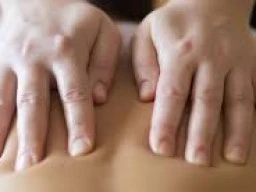
An introduction to Bodyworks
Bodywork therapy is a broad term that refers to a variety of treatments that aim to realign and restructure a patient’s body to improve its physical functioning, and to improve the patient’s mental health.
Read more
ACID REFLUX & STOMACH ULCERS
Acid reflux continues to affect many people on a daily basis.
Read more
Power Pilates
Power Pilates If you are after a workout that places a large amount of focus on your core and an even larger amount of focus on sweating, then Power Pilates may be the one you’ve been looking for. Power Pilates is an exercise that used a series of controlled movements that strengthen, tone and lengthen your muscles. There is also a focus on improving both flexibility and endurance. This form of exercise has been designed to mold the body in a certain way – it conditions the body to be toned, lengthened and slim as opposed to other exercise f
Read more
Skincare Routine Essentials for Sun-Exposed Skin
South Africa’s sunny weather is something to be enjoyed, and with a well-planned skincare routine, you can make the most of it while protecting your skin.
Read more
Exploring Neuro Focus Therapy for Optimal Brain Health
Neuro Focus Therapy represents a cutting-edge approach to optimizing brain function and unlocking your mind's full potential.
Read more
Orthodontists
Orthodontists are the people that we often tend to fear – they are one step scarier than a visit to the dentist. However, these medical professionals are vital when it comes to sorting out our teeth and mouths. Orthodontists are often the handiwork behind most of the beautiful smiles we see around us. An Orthodontist is trained to correct teeth alignment and to guide facial development.
Read more
Recovering from Injury? How an Occupational Therapist Can Help You Get Back on Track
Struggling with injury recovery? Occupational therapists help regain independence, manage pain, and return to work. Whether it's post-surgery, a workplace accident, or a sports injury, their expert care ensures a smoother, more confident healing journey. Explore therapy options in South Africa today!
Read more
Equine Assisted Coaching for Personal Growth: The Benefits of a Unique Coaching Experience
Equine Assisted Coaching offers a unique path to personal growth by using horses to mirror emotions and promote self-awareness. It helps clients build confidence, trust, and overcome emotional barriers, offering a holistic approach to health and well-being.
Read more
Botox for Beginners: What to Expect from Your First Appointment
Botox is a well-established, safe treatment that can help you achieve a refreshed and youthful look without drastic changes or downtime.
Read more






